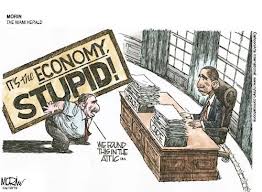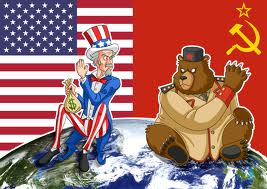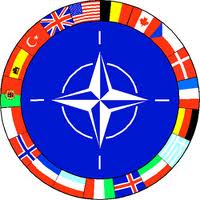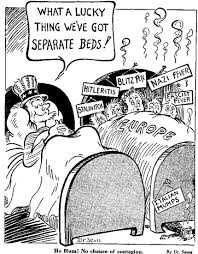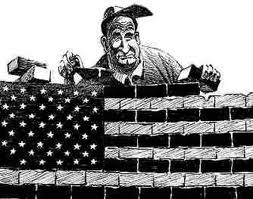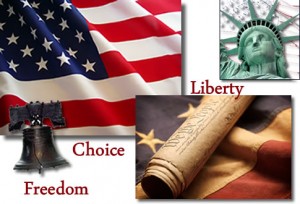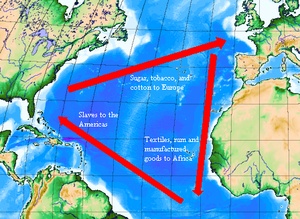«We have just enough religion to make us hate. But not enough to make us love one another.» Jonathan Swift
In the text civil religion in America, Robert Bellah shows the relation between religion, politics and culture. It could be demonstrate for example in John F. Kennedy´s inaugural speech which shows the importance of religion as a theme that portrays the values of American life without addressing a particular religion or “God”. Kennedy was careful to refer to God but not to a Catholic god (based on his own religion) as that would represent mixing religious matters with his own political stance. The text also shows how civil religion relates to political society in America and to private religious organizations in the country. It shows that American institutions have a religious perspective embedded in them. (Bellah, 2005)
Kennedy´s speech is just an example because in general the American presidents make similar references to God, so it reveals the essentially place of religion nowadays. Bellah argues that the separation of church and state has not denied the political realm a religious dimension, there are certain common elements of religious orientation that the great majority of Americans share. This public religious dimension is expressed in a set of beliefs, symbols, and rituals that he calls the American civil religion. The phrase civil religion is, Rousseau’s, he outlines the simple dogmas of the civil religion: the existence of God, the life to come, the reward of virtue and the punishment of vice, and the exclusion of religious intolerance. (Bellah, 2005)
Bellah point out how the idea of religion was foundational to the birth of the American state. The words and acts of the founding fathers, especially the first few presidents, shaped the form and tone of the civil religion as it has been maintained ever since. For example, in the Declaration of Independence there are four references to “god”: the idea of independence expressed in the laws of nature and God, also the idea that men “are endowed by their creator with certain inalienable rights”, the idea that the legitimacy of the nation is based on a “higher law” which is based on biblical religion and an appeal to the protection of divine providence. The Civil War, was another event that involved the national self-understanding so deeply as to require expression in the civil religion. Bellah also uses Benjamin Franklin´s autobiography to point out that religious principles and the recognition of “God” should govern the creation of the country and a base for all religions present in America. (Bellah, 2005)
In conclusion Bellah consider that it may be worthwhile to relate the civil religion to the most serious situation that Americans now face, what he call the third time of trial. The first time of trial had to do with the question of independence. The second trial comes with slavery and the institutionalization of American democracy, based on religious values. The third trial has got to do with the “responsible action in a revolutionary world”, which represents an obligation of America to uphold the values of its democracy tot eh rest of countries, as the “American revolution” became a model for the rest of the contemporary world. (Bellah, 2005)
Otherwise, in the text “Religion in America” by George Gallu reviews a recent survey indicators on religious life in America, the surveys reveal that in America there is a rising tide of interest in religion. It seems that the people of this nation are coming increasingly to believe that the problems of the world will not be solved through people’s efforts alone but through a change of heart and a turning to God, in that way. Americans express a high level of confidence in local and national religious leaders. (Gallup, 1985). Later in 2007 discover in other survey that 2007 Americans said they would refuse to vote for an atheist than for a candidate from any other group.
Decade after decade, the Gallup Organization reported some of the most familiar numbers in American religion. More than 90 percent of Americans said, “yes” when asked if they believe in God- a number that has changed little since the 1940s. (deseretnews.com/article/700203438/George-Gallup-Jrs-interest-in-religion.html?pg=all, 2011).
According to Kenneth D. Wald and David C. Leege in their book “Culture, Religion and American Political Life” religion is an important element in the system of beliefs and values on the American people, besides religion is a constitutive element of community and relationship-building in the United States
To conclude, I think it is evident that religious has a big impact and influence in American culture and politics, in part because the U.S was founded in order to avoid religious intolerance and freedom of and from religion was written into the constitution, people expect that their religious beliefs should be taken into consideration when it’s time to make laws in the U.S, it has special relation with the separation of state and church. However I agree with Bellah when he points out: The principle of separation of church and state guarantees the freedom of religious belief and association but at the same time clearly segregates the religious sphere, which is considered to be essentially private, from the political one.” (Bellah, 2005)
.
References
• Bellah R. (2005), ´Civil religión in America’ in Daedalus, Vol. 134, No. 4, 50 Years (Fall, 2005), pp. 40-55, MIT Press.
• deseretnews.com/article/700203438/George-Gallup-Jrs-interest-in-religion.html?pg=all. George Gallup Jr.´s interest in religion. . [online] Available at: http://www.deseretnews.com/article/700203438/George-Gallup-Jrs-interest-in-religion.html?pg=all. [Accessed: May 17th, 2013].
• Gallup G. (1985) ´Religion in America´ in Annals of American Academy of Political and Social Science, Vol. 480, Religion in America today, pp. 167-174



